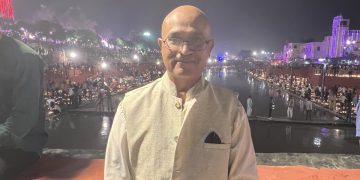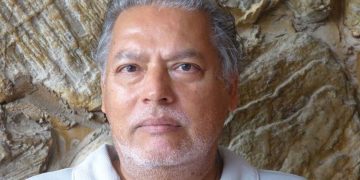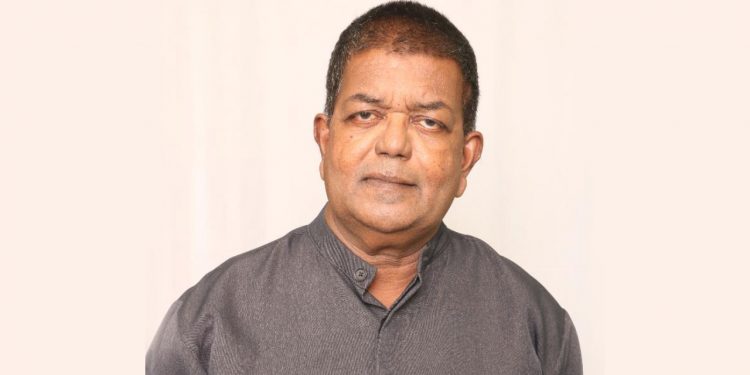Hindu organizations are incapable of addressing social issues because they fail to attract competent people who can make meaningful contributions. Leaders are happy to have a few ‘yes’ men and women who would go with the flow and never rock the boat. The absence of devotees with competences and abilities, has confined the activities of the mandir to poojas, singing of bhajans, eating paratha and pumpkin and celebrating the birthdays of the pandit and his family.
This model is replicated throughout the diaspora-Trinidad, Guyana, Suriname and even the USA where pockets of Caribbean Hindus have settled since the 1980s. Not willing to come together to address issues like drug addiction and poverty, the leaders would occasionally gather for a sankirtan or the chanting of the Hanuman Chalisa and another serving of paratha and pumpkin.
This culture of exclusion is similar to affirmative action that put the more qualified individuals at a disadvantage. The natural result in this scenario is low productivity and a compromising of standards. The mandir must adopt a more open and liberalized culture to attract the best talents and resources to serve the best interest of the community and not to preserve the status quo.
China, though a communist country, has adopted a liberalized economic model since 1979, thus allowing the free movement of man, money and machinery. Today China is an 18 trillion-dollar economy and may soon overtake the USA. Ease of doing business in China was revolutionized, paving the way for foreign investors.
India on the other hand became liberalized in 1991, a decade later, thanks to the vision of Prime Minister Narasimha Rao. This has resulted in a higher growth rate and today, despite the setbacks of Covid 19 and the ongoing wars, the Indian economy remains the fastest growing among the large economies of the world.
Prime Minister Modi has so far never appointed his siblings and relatives to positions in his government. While filial affection is praised in Hindu society, it has now become a social setback in many quarters. Sadly, few Hindu leaders in our mandirs have a vision beyond their family members. Qualification is generally sacrificed on the altar of loyalty which can be translated as bloodline.
In the recent general elections in India, the BJP lost seats to the Samajwadi Party in UP because of caste loyalty and more so, to secure quotas in allocation of jobs and other social benefits. Given our indentured ancestors coming from this region of UP and Bihar, can it be concluded that many Hindus cannot think beyond their personal and family welfare?
Our social condition in the diaspora may be more despairing than our counterparts in UP and Bihar because while they think in terms of caste, we have opted to confine ourselves to the nuclear family-spouse, children and grandchildren. We have definitely succeeded in killing the extended family with the elderly and the invalids usually abandoned to the mercy of the State welfare programs.
Hindu leadership model is very simplistic- the welfare of our siblings and a few friends, a dholak, a dhantal, a few bhajans and mantras, channa and aloo, curry mango, pumpkin, chaitaigne, murtani and paratha roti. Building schools and other social institutions to provide health care is never in the radar.
In Hindu culture our ancestors always looked out for one another and never shirked challenges. It was they who rescued the sugar industry, diversified the economy and enriched the society with their customs and traditions. Always open and generous, they always invited the entire village to join with them in weddings, poojas and yagyas. They hosted Ramleela and Phagwa and mobilized resources for the building of schools to educate their children. They also founded and led trade unions and political parties that struggled for social justice and equal opportunities for all.
Much of the ugly habits that we harbor are not inherent in our being but borrowed from alien cultures that ambush us daily. We need to exorcise such low selfish habits that have invaded our psyche and allow our dharmic values to blossom forth.




































































